Keywords: Transparency
There are more than 200 results, only the first 200 are displayed here.
-
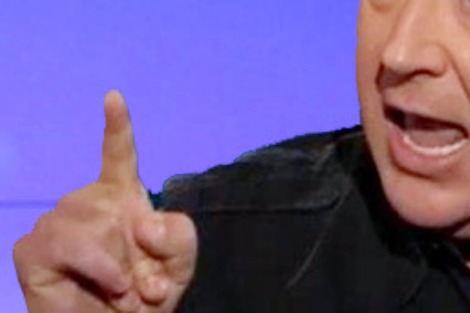
AUSTRALIA
- Michael Mullins
- 10 March 2014
9 Comments
The Federal Government plans to change the Racial Discrimination Act to give preference to free speech over protecting individuals and groups from vilification. It is not surprising that there is strong media support for the changes, as they will give investigative reporters and shock jocks alike the legislative freedom they need to do their job. But the Government must include robust legislation to penalise those who get their facts wrong.
READ MORE 
-
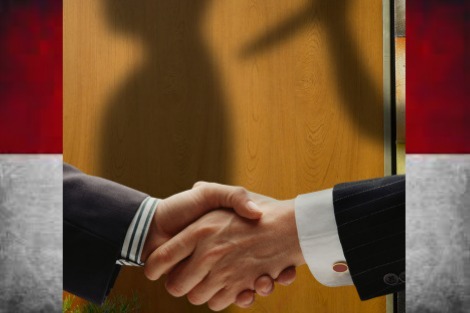
AUSTRALIA
- Andrew Hamilton
- 25 November 2013
12 Comments
A minor diversion in the disruption of Australia's relations with Indonesia has been the entanglement of political commentators. Many have wriggled on the hook of their conviction that international relations are an ethics free zone in which the only guiding star is national self interest. But that does not stop them from launching a raft of ethical judgments. It is worth considering on what ethical principles international and national politics might rest.
READ MORE 
-

RELIGION
- Frank Brennan
- 12 November 2013
5 Comments
'Having thrown off the shackles of compulsion endured by pre-Vatican II Catholics, we relish that we come to the table not because we are forced, not because of social expectations, not because of the mindset of the mob, but because we are graciously called and freely responding.' Frank Brennan's Camino Address, Parish of Our Lady of the Way North Sydney, 12 November 2013
READ MORE
-

RELIGION
- Frank Brennan
- 08 November 2013
1 Comment
'Many Catholics wonder how we can maintain our Christian faith at this time in the wake of the sexual abuse crisis and the many judgmental utterances about sexuality and reproduction. The Church that has spoken longest and loudest about sex in all its modalities seems to be one of the social institutions most needing to get its own house in order.' Frank Brennan's address to the Yarra Institute for Religion and Social Policy, 8 November 2013.
READ MORE
-
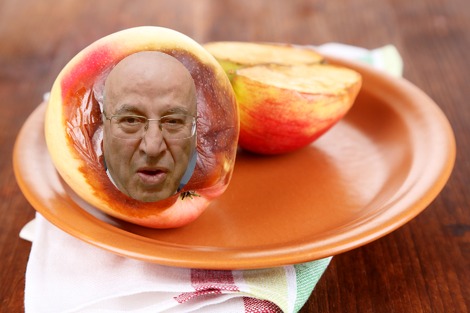
AUSTRALIA
- John Warhurst
- 01 November 2013
12 Comments
Unethical misconduct by public figures, proven and alleged, is in the public eye almost daily. No one is above suspicion, including Prime Minister Tony Abbott and former Prime Minister Julia Gillard. Is it a case of a few bad apples or are there systemic problems? There are levels of seriousness in these cases and it is helpful to disaggregate them to keep a sense of perspective.
READ MORE 
-

RELIGION
- Frank Brennan
- 25 October 2013
2 Comments
'The Church should not give any appearance of hiding behind the corporate veil. Justice demands that present church leaders agree to satisfy any judgment debt against their predecessors or their deceased predecessors' estates when there is an allegation of past failure to supervise or adequately investigate a sexual predator in the ranks. Any damages should be paid from church assets.' Frank Brennan addresses the Australian Lawyers Alliance Conference, Rydges Lakeside, Canberra, 26 October 2013.
READ MORE
-

RELIGION
- Frank Brennan
- 24 October 2013
'Here is a pope who is not just about creating wiggle room or watering down the teachings of the Church. No, he wants to admit honestly to the world that we hold in tension definitive teachings and pastoral yearnings — held together coherently only by mercy and forgiveness.' Frank Brennan's Wallis Lecture presented in Hobart on 24 October 2013 and Launceston on 25 October 2013.
READ MORE
-
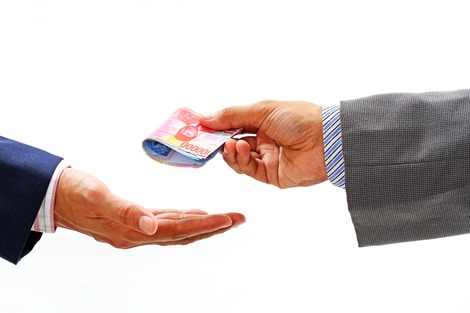
AUSTRALIA
- Michael Mullins
- 07 October 2013
6 Comments
Australia tied with Denmark, Finland and Japan for the title of the world's least bribe-ridden country in 2013. Our cultural resistance to corruption has long been a major contributor to Australia's reputation as a good global citizen, not to mention economic prosperity. Pope Francis said last week that we all have our own idea of good and evil, and each of us fighting against evil as we conceive it makes the world a better place.
READ MORE 
-

RELIGION
- Frank Brennan
- 03 October 2013
18 Comments
'What a pope; what a man! ... The credibility of the Catholic Church has been enhanced with this new pope. We see in him many of the finest aspects of the presently battered and ageing Church.' Frank Brennan's presentation for Spirituality in the Pub, Pumphouse Hotel, Fitzroy, Vic. on 2 October 2013.
READ MORE
-

RELIGION
- Frank Brennan
- 20 September 2013
11 Comments
Fasten your seat belts. We are in for an exciting ride with this Pope. He's happy to make mistakes. He's happy to go with the flow. But above all, he is so happy in his own skin and in his religious tradition that he exudes the confidence that comes only from knowing that he is loved and forgiven, and not from thinking that he is always right and has all the answers.
READ MORE
-

AUSTRALIA
- Edwina Byrne
- 12 September 2013
3 Comments
Malcolm Turnbull's justification for calling for the introduction of electronic voting is that roughly six per cent of voters failed to correctly fill in their ballot papers on Saturday. Electronic voting would stop this senseless waste. Ignoring the fact that electronic voting would disenfranchise the roughly 5.9 per cent of voters whose democratic wish is to draw male appendages on their ballot, Turnbull has a point.
READ MORE 
-
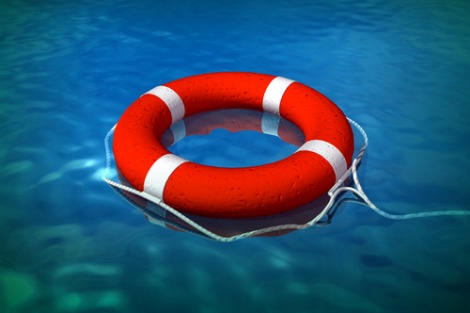
AUSTRALIA
- Tony Kevin
- 11 September 2013
13 Comments
Labor's humanitarian achievements included routinely distributing media releases announcing every boat interception and every incident of assistance to boats in difficulty at sea. It would be tragic if under Operation Sovereign Borders the Coalition abandoned the present degree of public transparency and accountability for deaths in border protection operations on the spurious pretext that these are matters of national security.
READ MORE 